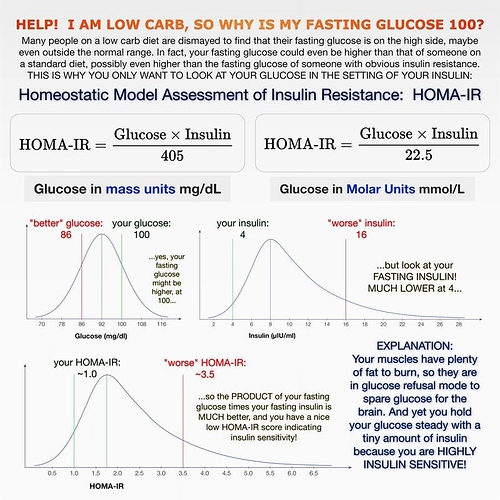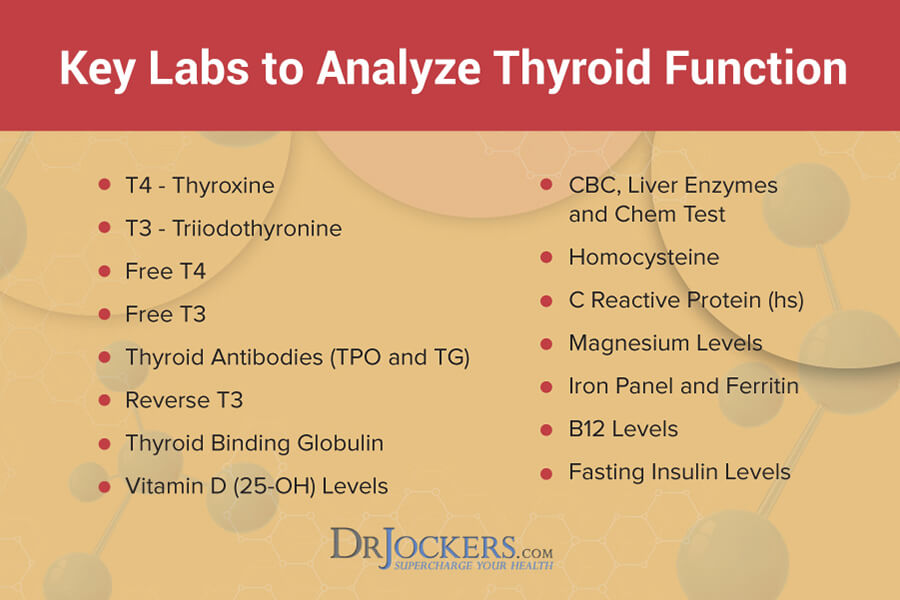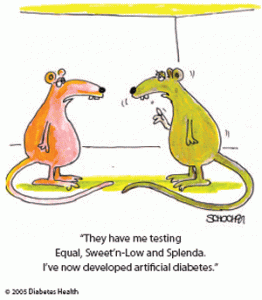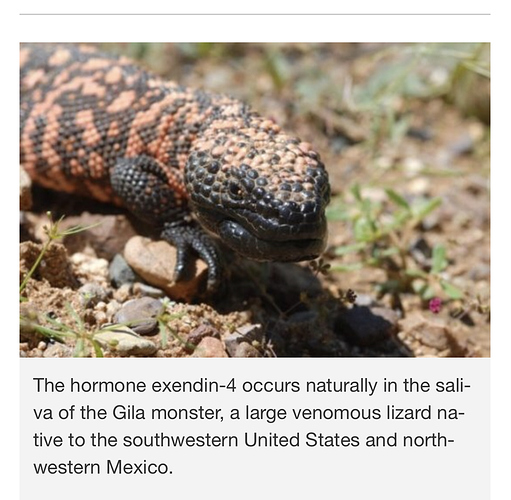On a previous extended water fast I measured my blood glucose three times a day.
From my understanding this is how our hormones control hunger:
- If your blood glucose is high, your body releases leptin that tell your brain “I’m full”.
- If your blood glucose drops, your body releases ghrelin, cortisol that tell your brain “feed me”.
- Eating too much sugar makes us insulin and leptin resistant so we continually receive the “feed me” message.
With this in mind there is one observation that doesn’t seem to make any sense: When my blood glucose is high I get huge, almost uncontrollable waves of hunger washing over me but when my blood glucose is normal I don’t feel hungry at all.
The was consistent over the last 4 weeks of a 38 day fast and is the opposite of what I would expect.
Does anybody have any ideas as to why this appears to be working the opposite way than it should be for me?





